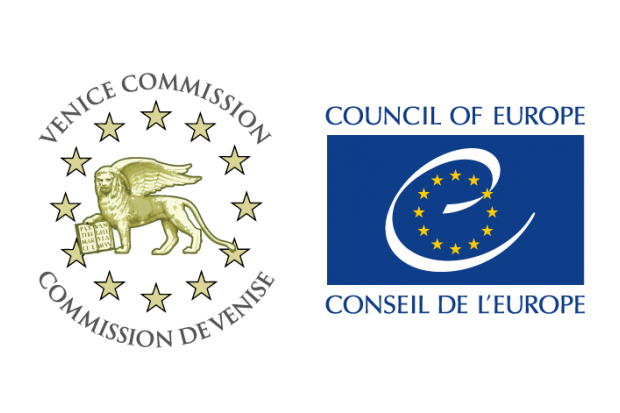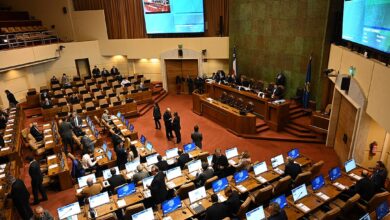Venice Commission publishes opinion on Armenian Draft Law on Referendum

The Venice Commission at its last Plenary Session has adopted (together with the OSCE/ODIHR) a joint opinion on the Draft Law of Armenia on Referendum.
On 25 October 2017, the Minister of Justice of the Republic of Armenia requested the Council of Europe’s European Commission for Democracy through Law (Venice Commission) to give an opinion on the draft constitutional law of the Republic of Armenia on referendum (CDL-REF(2017)049). The request relates to the entire draft law, which was prepared as a result of amendments made to the Constitution of Armenia, endorsed by referendum on 6 December 2015.
This Joint Opinion was prepared with the goal of assisting Armenia in its efforts to develop legislation that is in line with key international standards and obligations, as well as relevant OSCE commitments. The OSCE/ODIHR and the Venice Commission remain at the disposal of the Armenian authorities for any further assistance that they may require.
The Venice Commission and OSCE/ODIHR say: “The draft law on referendum is intended to give effect to the new constitutional provisions on different types of national referendums and to regulate their conduct. The Venice Commission and OSCE/ODIHR welcome that the Armenian authorities have prepared a draft aiming to bring the legislation on referendums in conformity with the Constitution and international standards. The draft law provides details on issues such as collection of support signatures, the conduct of referendum campaigns, referendum campaign financing, voting procedures and summarisation of referendum results. With the new Electoral Code, the legal framework removed provisions on mandatory CEC testing of observers and introduced effective solutions to improve the accuracy of the voter register, addressing prior Venice Commission and OSCE/ODIHR recommendations.”
It is recommended to address the following key issues:
– clearly address the unity of content of the referendum proposal and the requirement for the question of referendum to be clear and not misleading;
– clarify and further develop the provisions on complaints and appeals, to ensure an effective system of appeal enabling electoral stakeholders to appeal the decisions that affect them;
– require the authorities to provide objective information about the proposals put to referendum;
– provide for submission of draft popular initiative for the Constitutional Court’s review prior to the collection of additional signatures; entitle the Constitutional Court to provide a nuanced ruling on the constitutionality of each proposed amendment, and allow for the valid provisions of a popular initiative to be submitted to the people’s vote without a new collection of signatures;
– clearly regulate the collection of a referendum initiative support signatures and their verification and ensure that these rules do not restrict the right of eligible citizens to sign popular initiatives;
– allow more than one structure for the “yes” and the “no” votes, respectively, – including for financial reporting – while ensuring equality of opportunity between supporters and opponents of the referendum.
Furthermore, the Venice Commission and OSCE/ODIHR recommend to:
– expressly provide for the duty of neutrality of administrative authorities, as well as for effective sanctions for breaching it, in order to prevent the misuse of administrative resources; prohibit public sector employees from taking part in campaigns while performing official duties;
– provide for the formation of precinct electoral commissions with representation of the referendum proposal’s supporters and opponents;
– strengthen transparency of all funds collected and spent on the campaign;
– extend the free airtime allocated on public radio and television, and consider requiring the public broadcaster to organise campaign debates with the referendum “parties”;
– allow observation by NGOs created less than one year before the referendum and whose charter objectives relate to the issues put to referendum or to any of the issues listed in Article 21.1(3) of the draft law.
A number of additional recommendations included throughout the text of this Joint Opinion (highlighted in italics) are aimed at further improving the compliance of the draft law on referendum with Council of Europe and other international human rights standards and obligations, OSCE commitments, and recommendations contained in previous Joint Opinions and election observation reports.
The present draft does not address local referendums, although they are provided for in the Constitution. The Venice Commission and OSCE/ODIHR invite the Armenian authorities to draft legislation on this issue in a timely manner as a future step.








